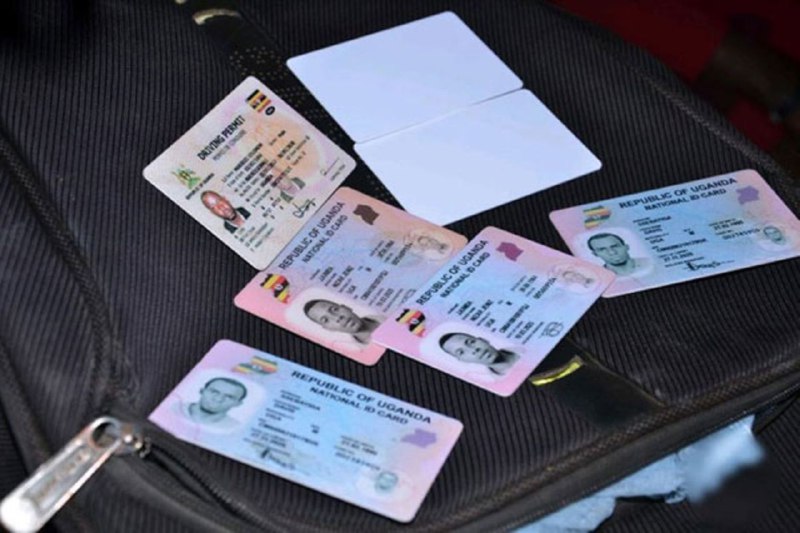The government has made substantial progress in the production and distribution of national identity cards (IDs). As of May 2024, the National Identification Authority (NIDA) had issued 21,322,098 IDs, covering 86% of the 24,818,138 registered citizens.
This advancement is part of a larger effort to streamline administrative processes and bolster national security, ensuring that all citizens have access to essential services requiring proper identification.
Deputy Minister for Home Affairs, Daniel Sillo, commended the efficiency in distributing the IDs. Out of the produced IDs, 20,340,713 have been dispatched to various offices and locations across the country. Citizens have actively participated in this initiative, with 19,139,601 IDs already collected, emphasizing the importance of these IDs for daily transactions and service access.
In a significant move, the Tanzanian government has eliminated the ten-year renewal requirement for national IDs, making them valid for life. This change aims to ease the burden on citizens who previously had to renew their IDs every decade, simplifying the process for millions of Tanzanians.
ReadMore;Russia-Trinidad and Tobago Mark 50YRS Of Bilateral Ties
This decision is a crucial step in enhancing the efficiency of the national identification system and ensuring continuous ID access for all citizens without periodic renewals.
Looking ahead, the government plans to introduce a new digital ID system called “Jamii Namba” or Unique Number ID. This system intends to consolidate different forms of identification into a comprehensive digital profile, facilitating easier access to various services in both public and private sectors through a unique lifelong identification number. This initiative aligns with Tanzania’s digital transformation strategy to enhance service delivery and inclusivity.
To streamline the current ID card issuance process, NIDA has launched an online platform for applications and issuance. This online system aims to enhance accessibility and efficiency, reducing the need for physical visits to NIDA offices. The initiative is part of the government’s drive to modernize services and make them more user-friendly, aligning with the country’s digital transformation objectives.
The progress in ID issuance underscores the government’s commitment to improving public administration and service delivery. The enhanced ID system is expected to combat fraud, ensure secure transactions, and provide citizens with means to access essential services. As Tanzania embraces digital solutions, these new ID systems are poised to contribute to national development, fostering a more inclusive and efficient economy. The initiatives showcase Tanzania’s readiness to adopt modern technologies to meet citizen needs and drive overall progress in the nation.







